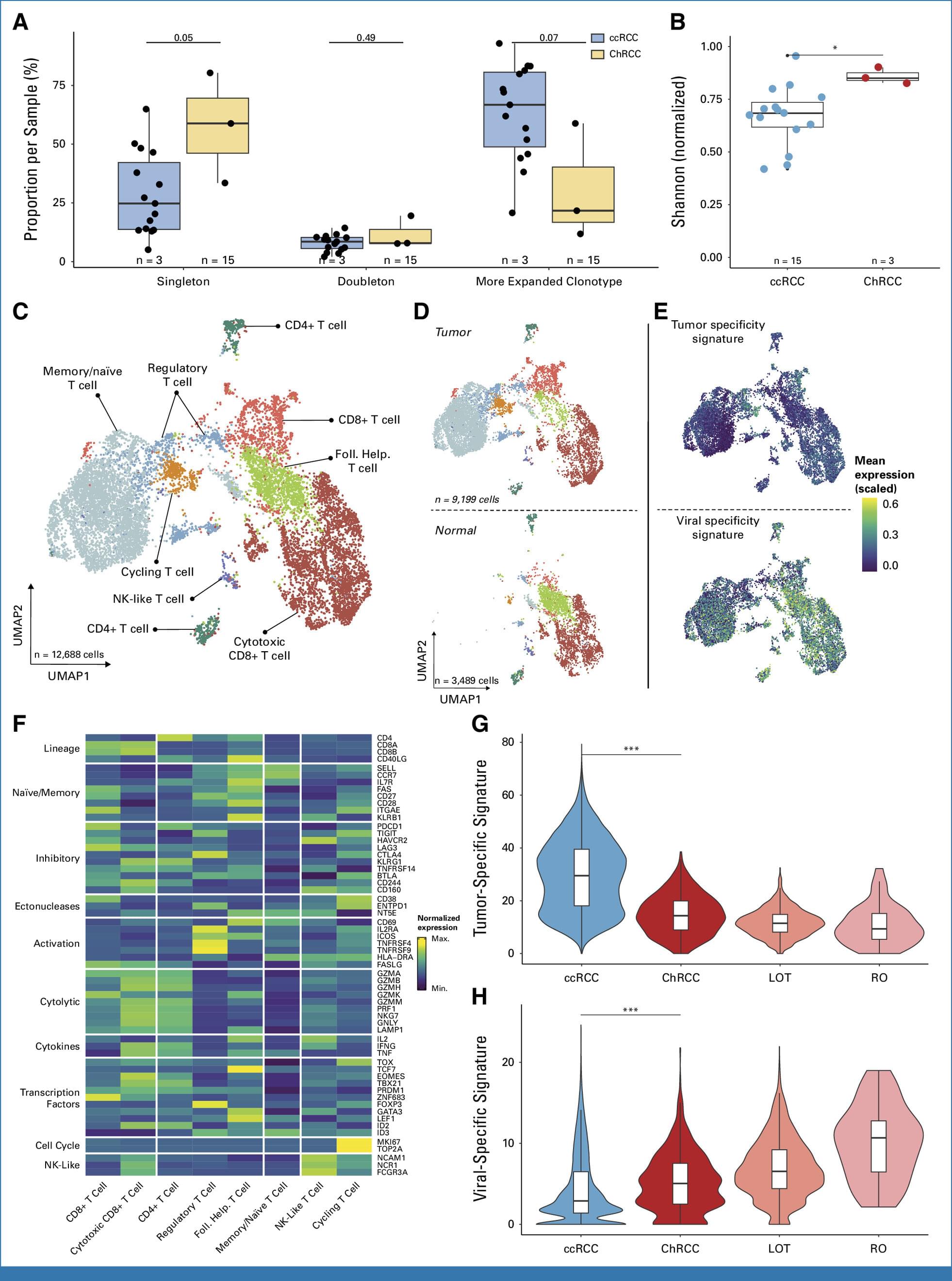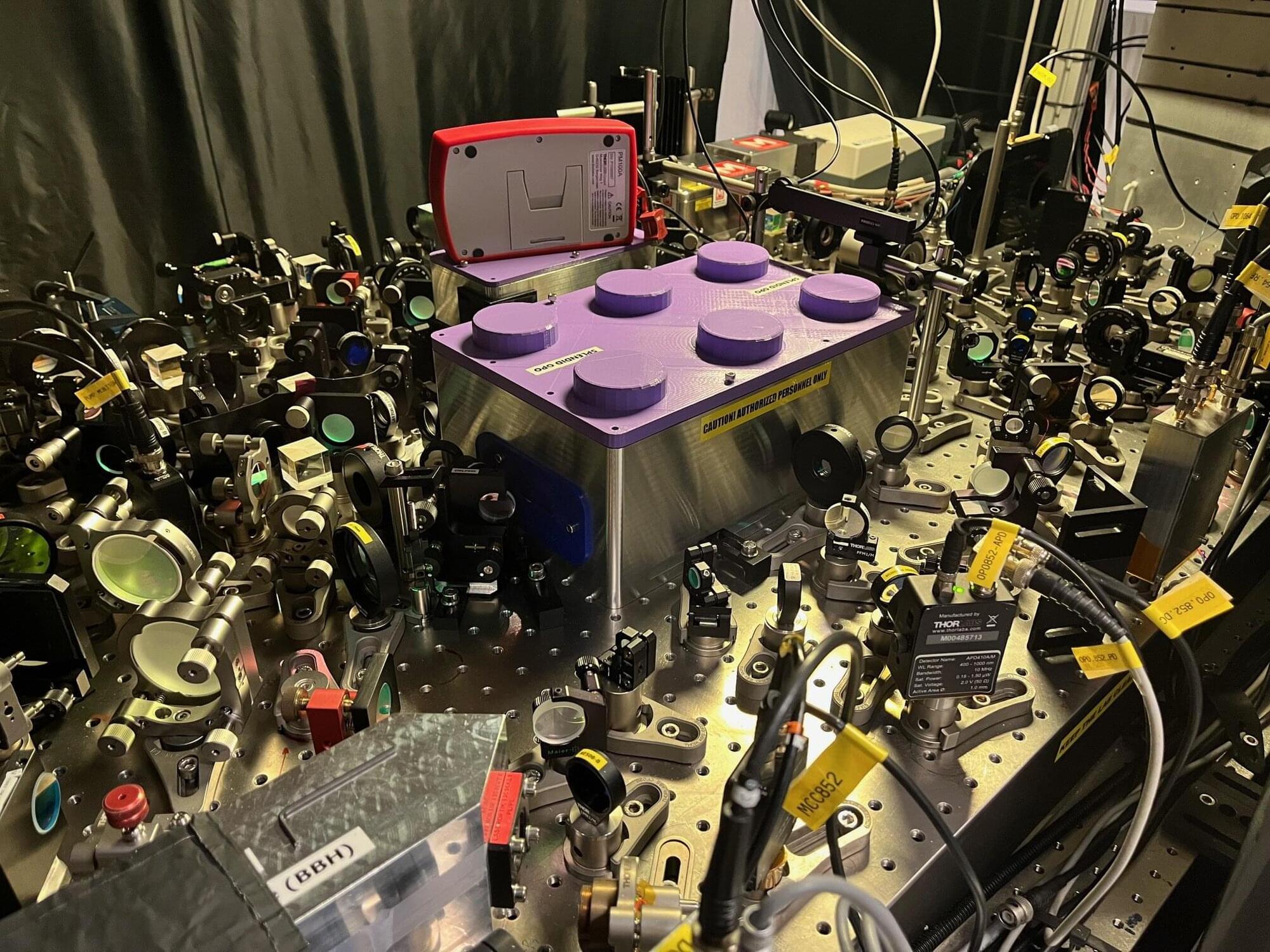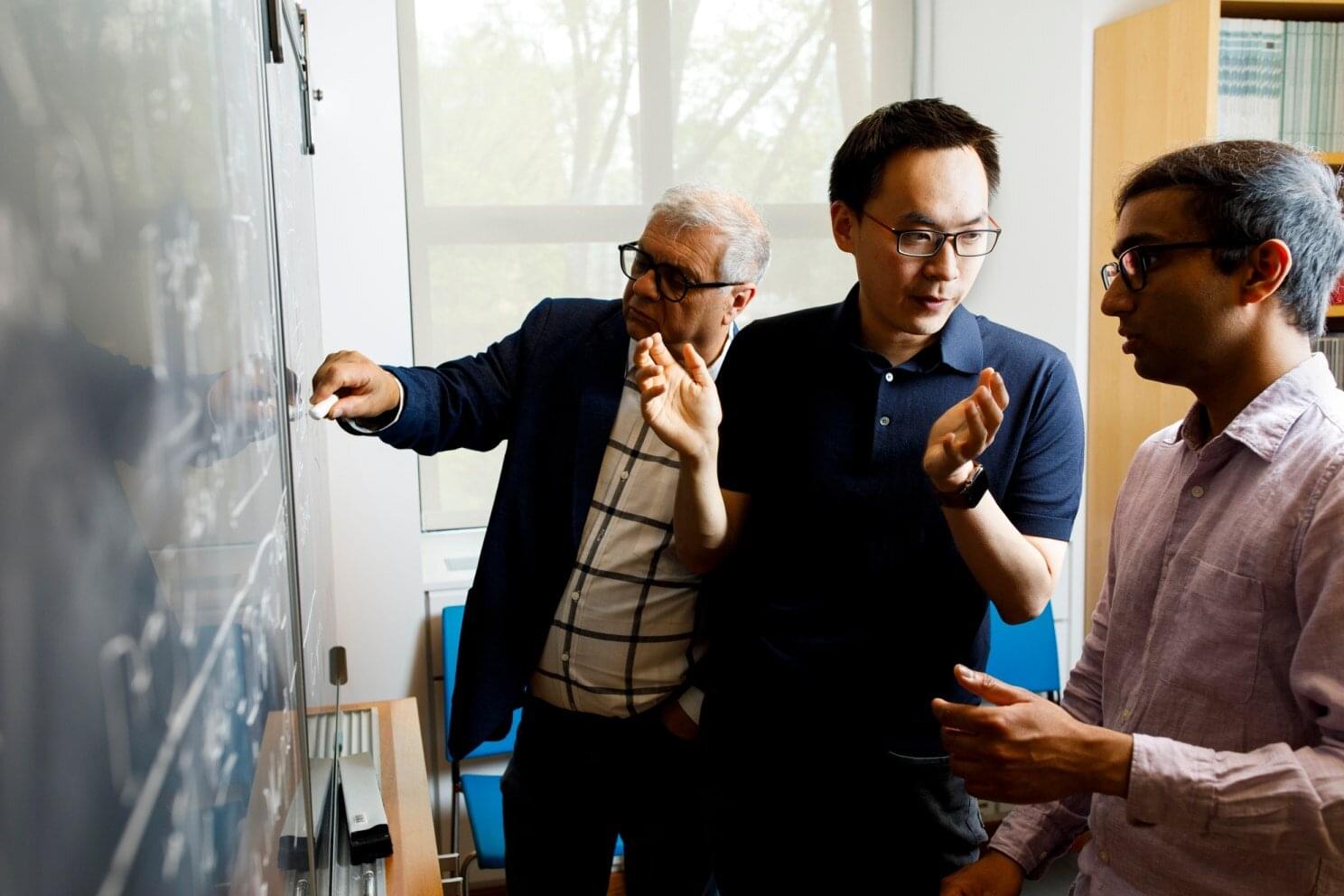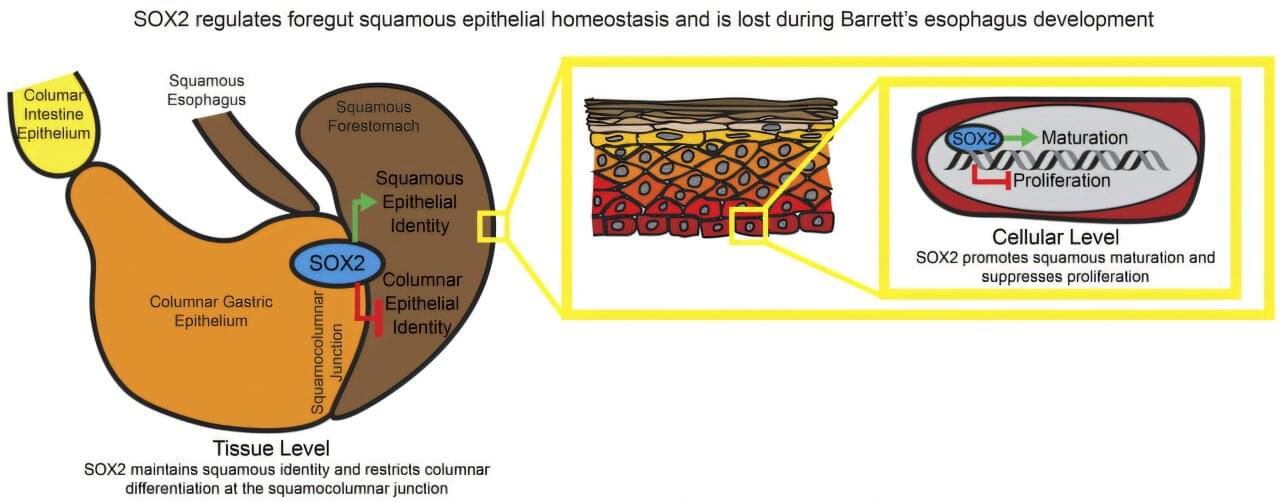Incoming information from the retina is channeled into two pathways in the brain’s visual system: one that’s responsible for processing color and fine spatial detail, and another that’s involved in spatial localization and detecting high temporal frequencies. A new study from MIT provides an account for how these two pathways may be shaped by developmental factors.
Newborns typically have poor visual acuity and poor color vision because their retinal cone cells are not well-developed at birth. This means that early in life, they are seeing blurry, color-reduced imagery. The MIT team proposes that such blurry, color-limited vision may result in some brain cells specializing in low spatial frequencies and low color tuning, corresponding to the so-called magnocellular system. Later, with improved vision, cells may tune to finer details and richer color, consistent with the other pathway, known as the parvocellular system.
To test their hypothesis, the researchers trained computational models of vision on a trajectory of input similar to what human babies receive early in life—low-quality images early on, followed by full-color, sharper images later. They found that these models developed processing units with receptive fields exhibiting some similarity to the division of magnocellular and parvocellular pathways in the human visual system. Vision models trained on only high-quality images did not develop such distinct characteristics.








